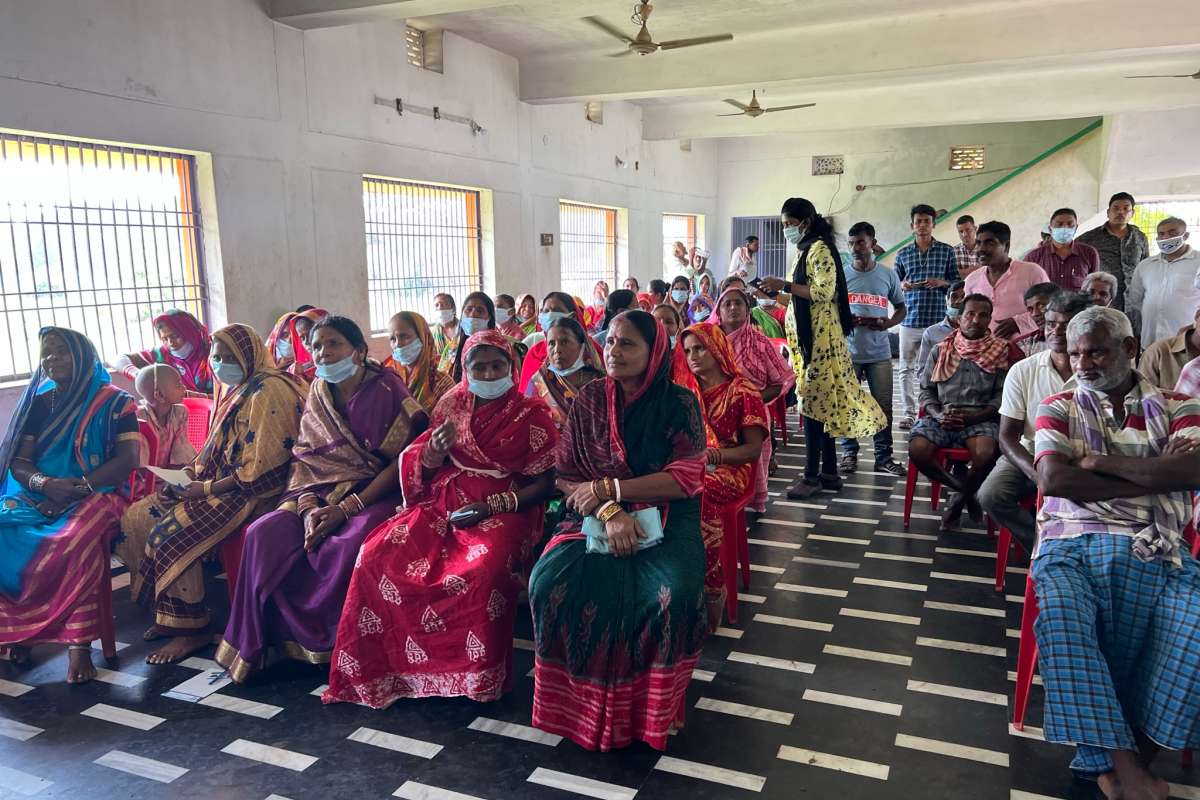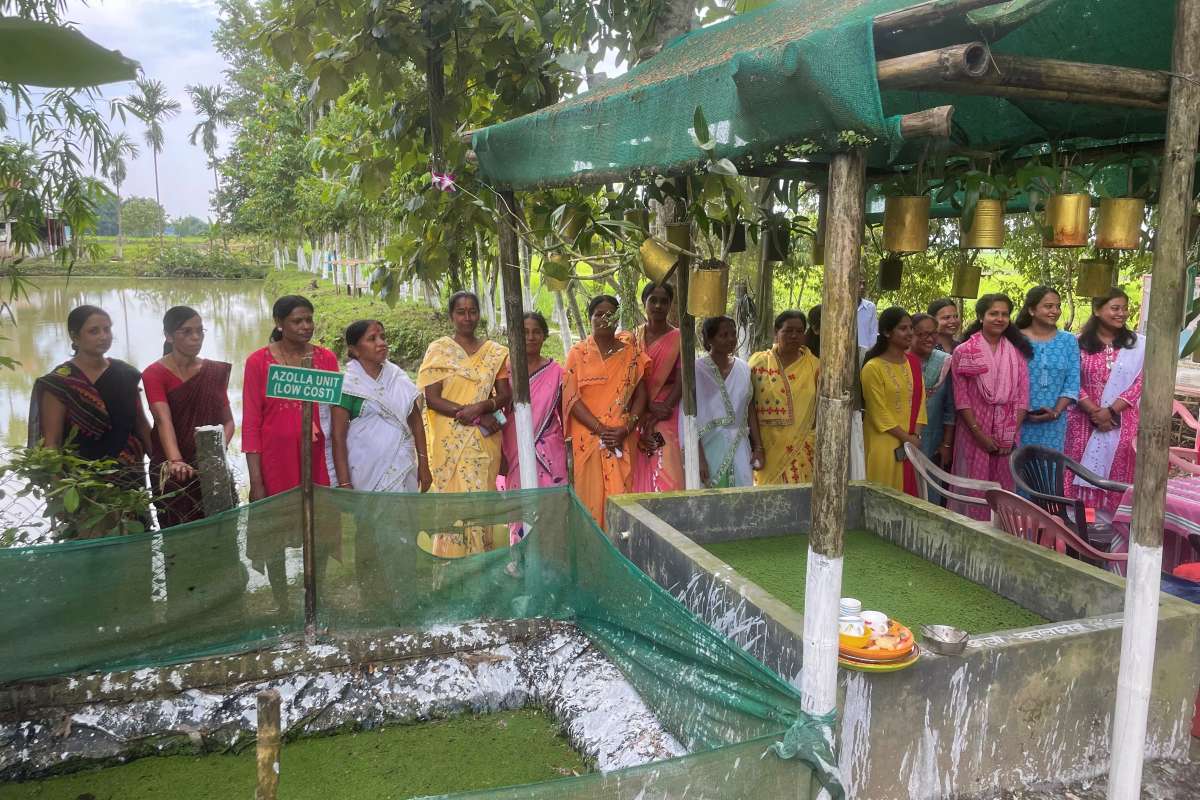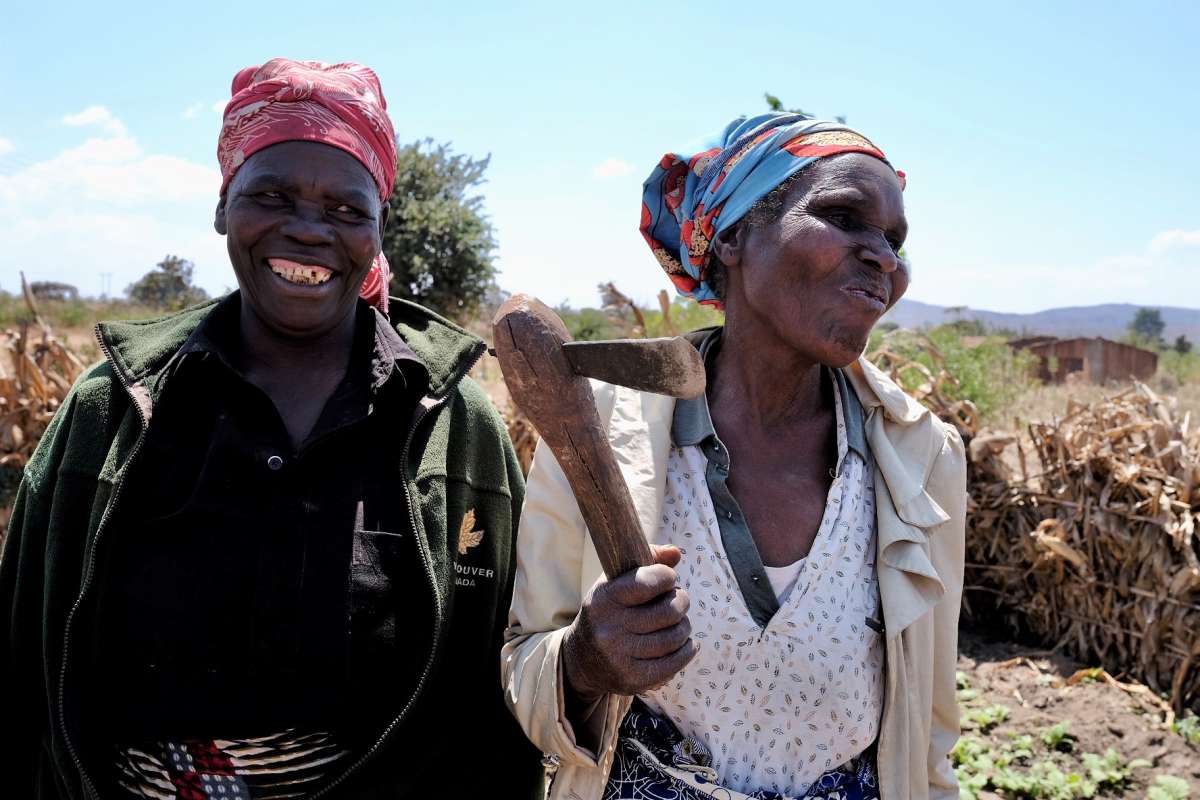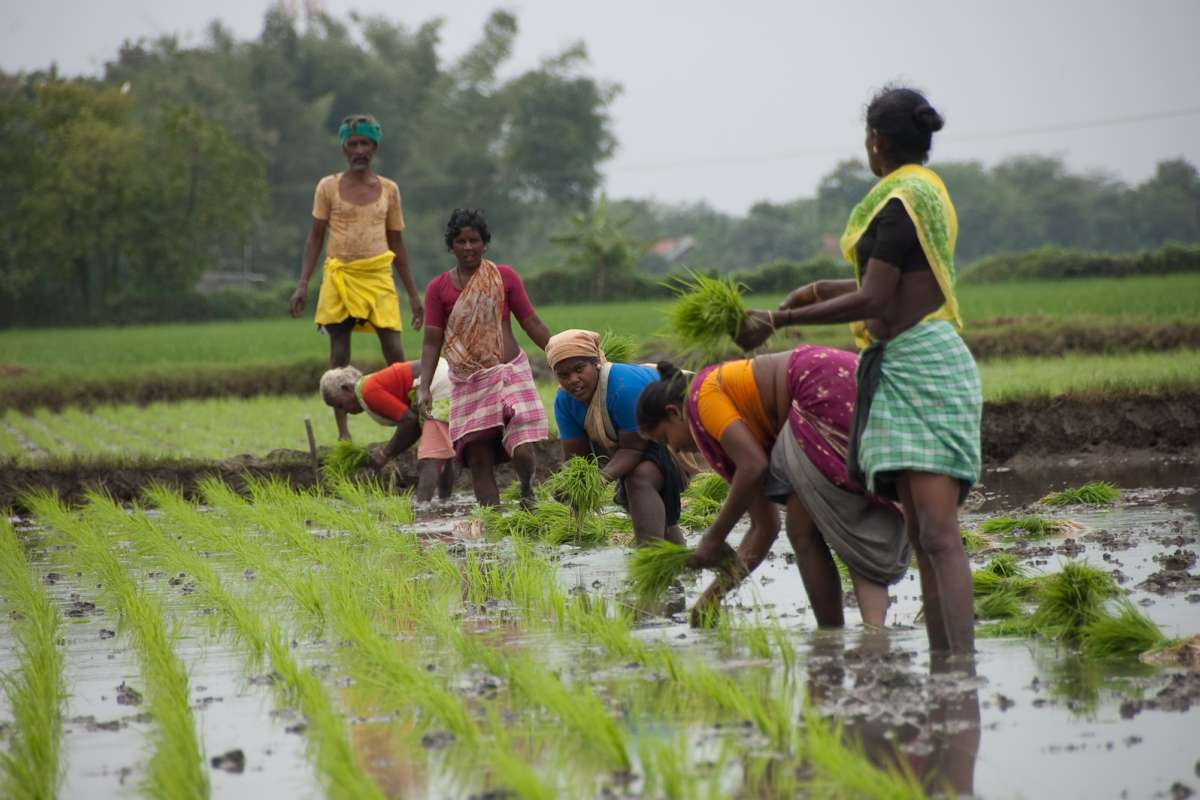Digital tools and AI to boost climate resilience among Indian smallholders
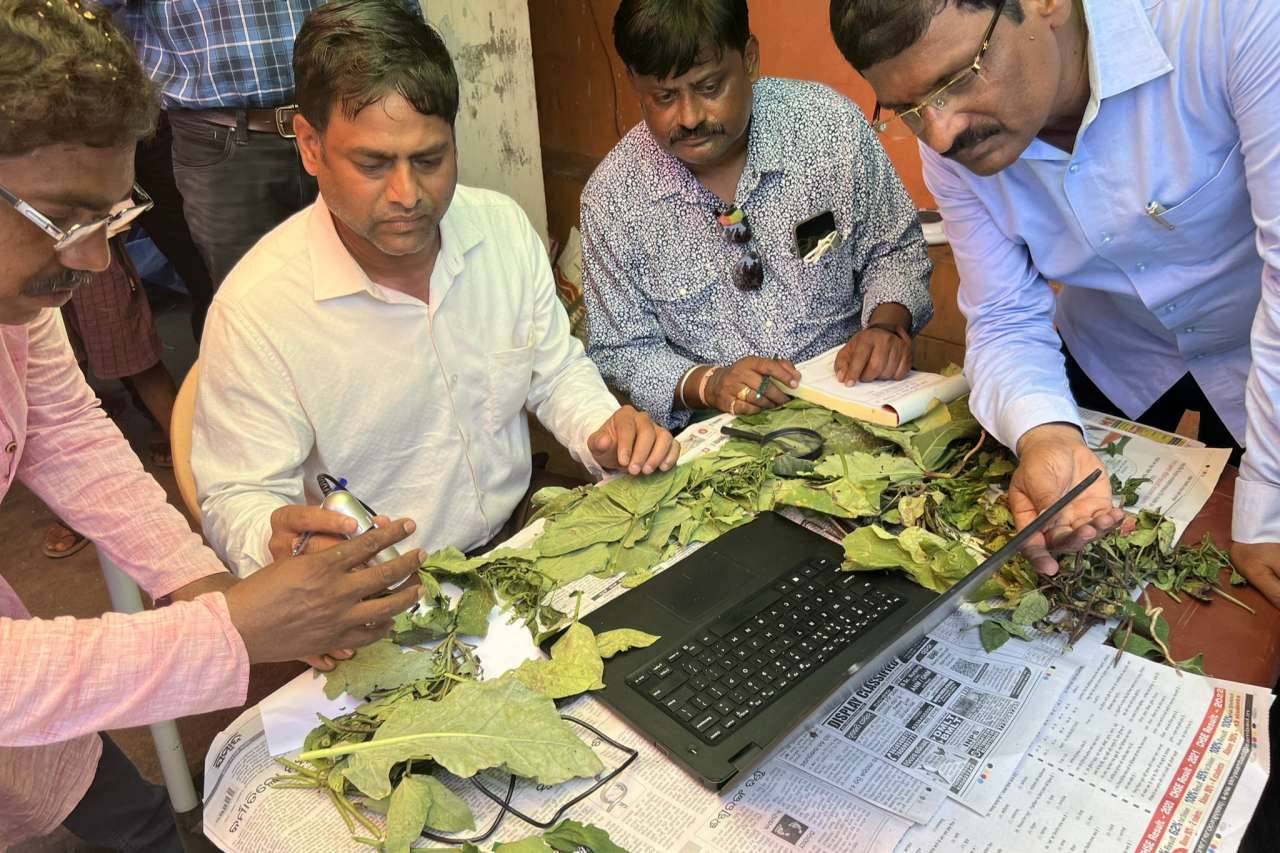
The rapid shift towards digitalisation and artificial intelligence in agriculture holds great potential to support smallholder farmers when facing climate related problems. At this plant clinic in Chikarada village, plant health problems are assessed by using digital microscopes and other online tools. Photo: Kathrine Torday Gulden
In March, NIBIO co-hosted a workshop in Delhi, India on digitalisation and AI in agriculture. 16 public and private agencies working in the South Asian region shared their experiences and explored the impact digital technology has on climate resilience and income among smallholders. Digital tools developed in the Resilience project were also presented.
In response to the escalating challenges posed by climate change and extreme weather conditions in the agricultural sector, a workshop titled "Digitalisation and AI in Agriculture: Opportunities, challenges and responses/relevance for smallholder farmers" was organised in Delhi in India on March 4th.
Hosted by Resilience project partners, including NIBIO, the National Rice Research Institute (NRRI), and the M. S. Swaminathan Foundation (MSSF), the workshop brought together 16 agencies from both public and private sectors operating in the South Asia region.
“The agricultural sector, particularly in the Indian sub-continent, has been grappling with erratic monsoons, fluctuating temperatures, and frequent floods and droughts, significantly impacting crop yields,” says Dr Udaya Sekhar Nagothu, Research Professor at NIBIO and Resilience’s Project Manager.
“The need for sustainable food systems is imperative for India, the world's most populous country, making the integration of digital and AI technologies in agriculture a key focus.”
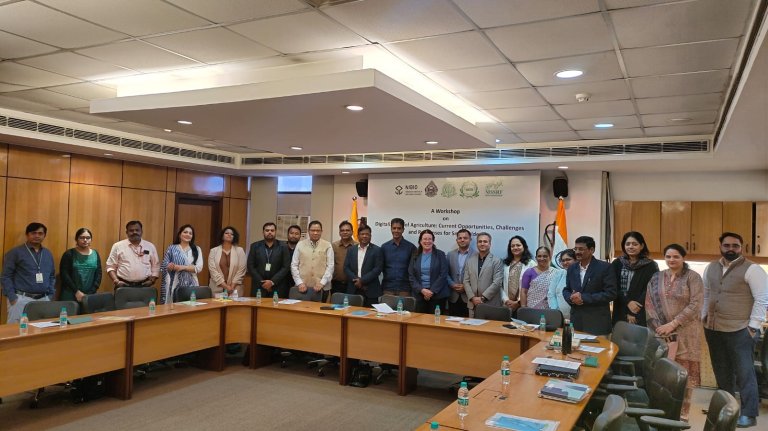
Can enhance climate resilience among smallholders
The rapid shift towards digitalisation and artificial intelligence in agriculture holds immense potential, offering unique opportunities to enhance climate resilience and support smallholder farmers.
Key areas of improvement include improving precision in climate and weather predictions, monitoring and forecasting services for pests and diseases, efficient use of nutrients and fertilisers, optimising water management, decision-making processes for crop selection, and enhanced connectivity among value chain actors, producers and consumers.
“For smallholder farmers, the digital revolution is expected to translate into increased yields, higher income, and a safer environment,” Dr Nagothu says.
“Additionally, digital tools can significantly improve access to relevant Agricultural Extension and Advisory Services, particularly benefiting women and youth in the farming community.”
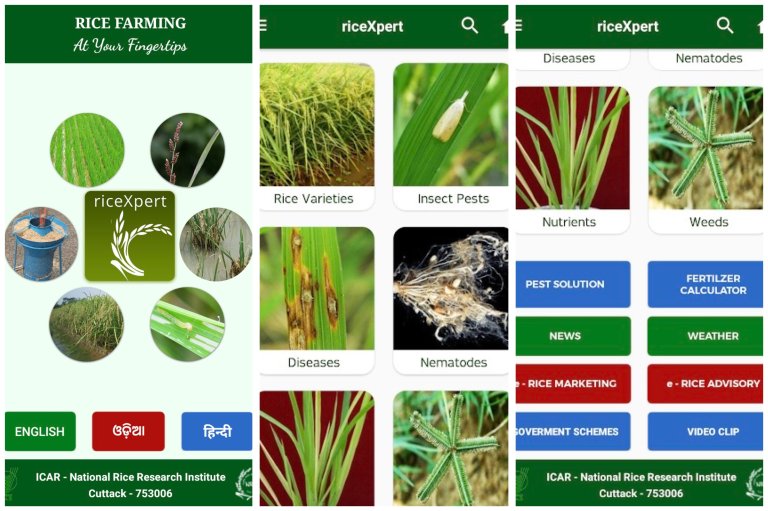
Several challenges addressed
With every technological paradigm shift, challenges emerge. The workshop participants delved into critical issues such as the need for investments in digital hardware and software and determining responsibility for associated costs.
At the workshop, capacity building and preparedness of smallholders for digitalisation were emphasised, along with concerns about data security, ownership, and protection. The inclusive nature of the digital transition, ensuring the participation of gender, youth, and marginalised groups, was also discussed.
Positive response from smallholders
One of the highlights of the workshop was the presentation of digital tools developed under the Resilience project, including the app riceXpert. Smallholder farmers provided valuable feedback on these tools, indicating a positive response to the potential benefits of digitalisation and AI in agriculture. The use of artificial intelligence in activities such as harvesting, quality control, and overall value chain improvement was acknowledged, raising questions about the changing landscape of labour demands in the sector.
Overall, the workshop served as a platform for stakeholders to discuss challenges, share their experiences, and outline responses necessary to ensure the sustainable integration of digital technologies for the benefit of smallholder farmers. A policy brief will be prepared based on feedback and recommendations of the participants, and will be shared with relevant stakeholders.
Contacts

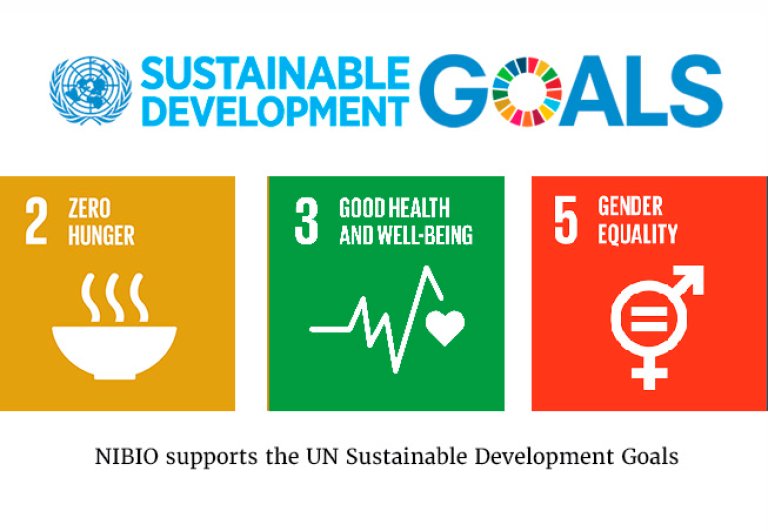
RESILIENCE PROJECT
RESILIENCE - Building Climate Resilience of Indian Smallholders through Sustainable Intensification and Agroecological Farming Systems to Strengthen Food and Nutrition Security.
Website: http://www.resilienceindia.org
Partners
NIBIO - Norwegian Institute of Bioeconomy Research (Coordinator)
AAU - Assam Agricultural University
NRRI - National Rice Research Institute
OUAT - Orissa University of Technology and Agriculture
IWMI - International Water Management Institute
MSSRF - M. S. Swaminathan Research Foundation
Total budget: 26.6 million NOK
Funded by: The Ministry of Foreign Affairs - the Royal Norwegian Embassy in New Delhi, India.
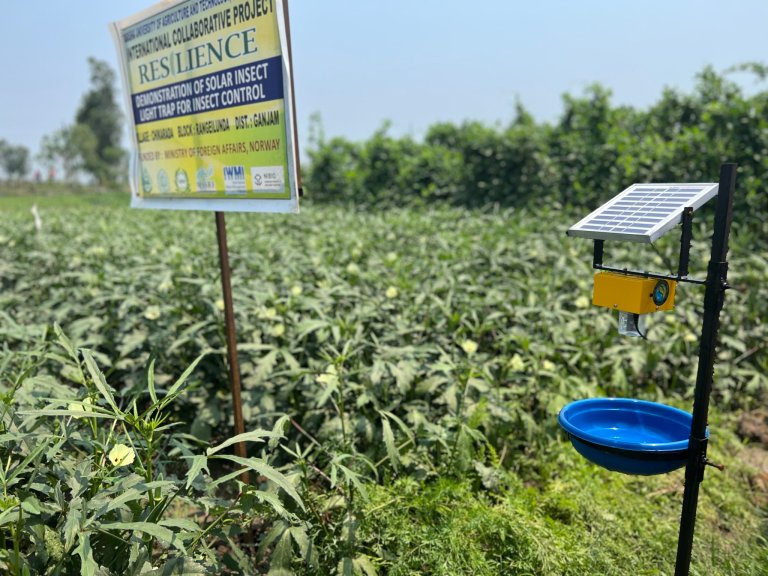
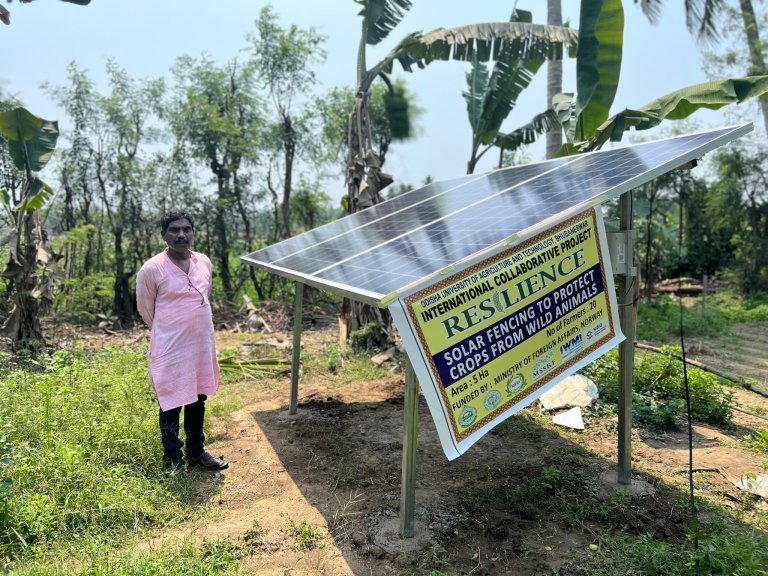
Contacts


